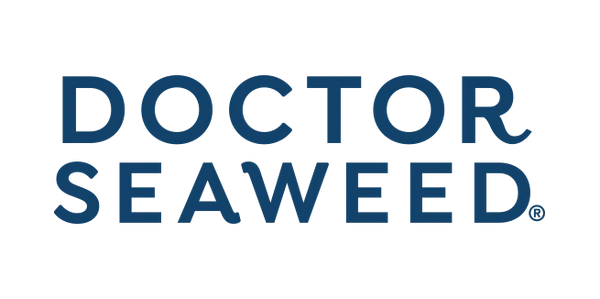New research shows that iodine deficiency impacts female fertility success
There is no shortage of recommendations and advice for women who are planning a pregnancy – not all of which is backed by science. Here we discuss how scientific research suggests that iodine supplementation may be able to improve the chances of conception.
It’s already known that iodine is an important nutrient during pregnancy, but new research has found that it may play just as significant a role in falling pregnant in the first place. These findings highlight the need for women who are hoping to conceive in the future to ensure that they are consuming enough iodine in their diet, in order to boost their chances of fertility success (1).
Why is iodine so important for fertility?
For most women, it’s not until they actually conceive that they become aware of the necessary nutrients they need to support the babies development, and this usually comes from supplements provided by a GP or midwife. Even still, iodine is generally less known, and usually seen as secondary to things like folate (or folic acid) for example. However, iodine has a key role to play on both health and fertility, mostly because of how it supports the healthy functioning of the thyroid.
Iodine makes up part of the thyroid hormones T3 (triiodothyronine) and T4 (thyroxine), and the release of these hormones into the blood goes on to facilitate a number of different processes in the body. Because of this, not enough iodine in the diet can lead to hypothyroidism (an underactive thyroid), which can present as symptoms including tiredness, weight gain and brittle hair and nails. In addition to these unwanted side effects, hypothyroidism can also have a negative effect on female fertility by impairing ovulation (2).
Despite the negative health consequences associated with iodine deficiency, the UK is listed as one of just two high income countries suffering from iodine deficiency, and shockingly has a worse rate than several developing countries (3). Furthermore, Europe has recently been named an iodine deficient continent (4).
Previous research has found that severe iodine deficiency is a major risk factor for negative pregnancy outcomes including premature labor and even stillbirth (5). However, until now, nobody has explored how iodine deficiency can impact fertility success.
What are the consequences of iodine deficiency on fertility?
The study in question included a large sample of 1653 women and provided some remarkable insight for women hoping to conceive in the future.
It was found that iodine deficient women took on average one month longer to conceive than the women who were iodine sufficient. Not only this, but the iodine deficient women were significantly less likely to have gotten pregnant after trying for at least 13 months. Overall, the study found that women with inadequate iodine intakes were significantly less likely to fall pregnant than the women who had a sufficient intake of iodine in their diet.
The researchers concluded that their findings highlight just how important it is to continue to monitor the iodine status of women of reproductive age. Furthermore, the researchers emphasize how crucial it is to maintain an optimal level of iodine intake both before and during pregnancy.
How to achieve optimal iodine intake and boost chances of fertility success
This research highlights just how important it is to consume enough iodine in the diet, especially for women who are hoping to conceive, but how can this be done?
The main food sources of iodine are fish and dairy products, but with a quarter of people in the UK reducing the amount of animal products that they consume, the threat of iodine deficiency is greater than ever before (6).
Not only does seaweed provide the only natural plant-based source of iodine, it is also the most abundant source.
We are passionate about addressing nutrient gaps – in particular, iodine deficiency. Doctor Seaweed's range of award-winning supplements is vegan friendly, organic and sustainably harvested from the pristine waters of the Scottish Outer Hebrides. Click here to find out more.
References:
